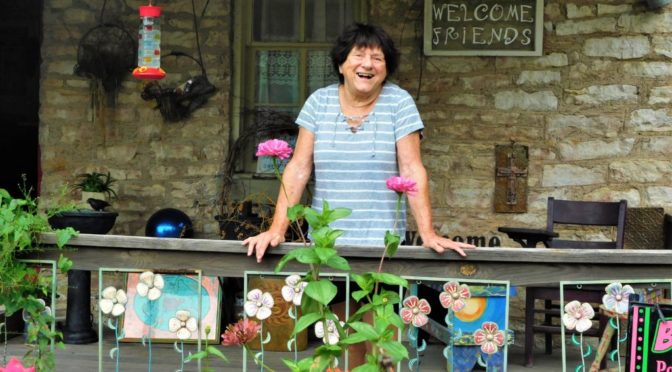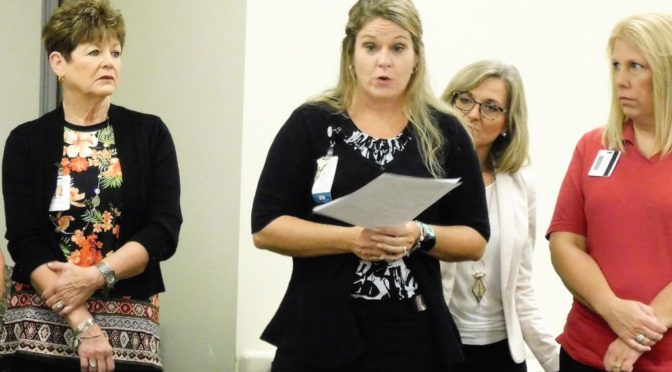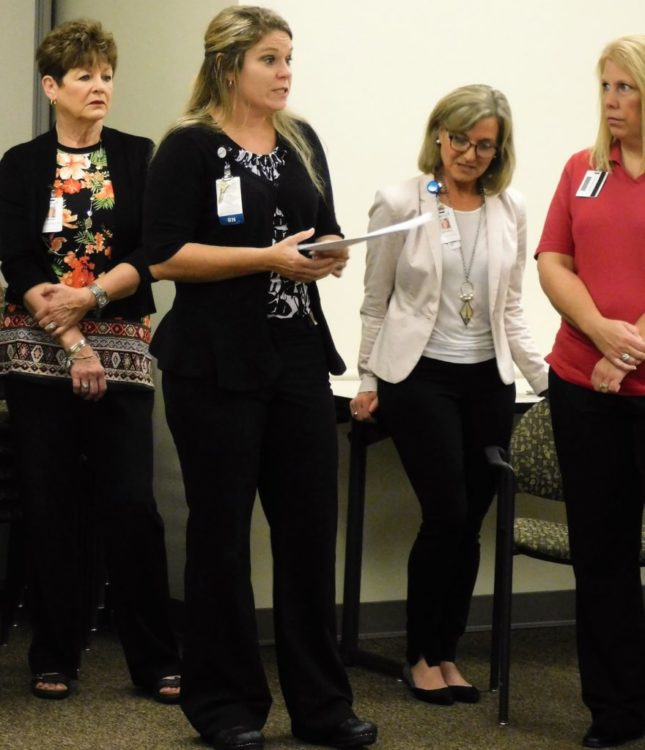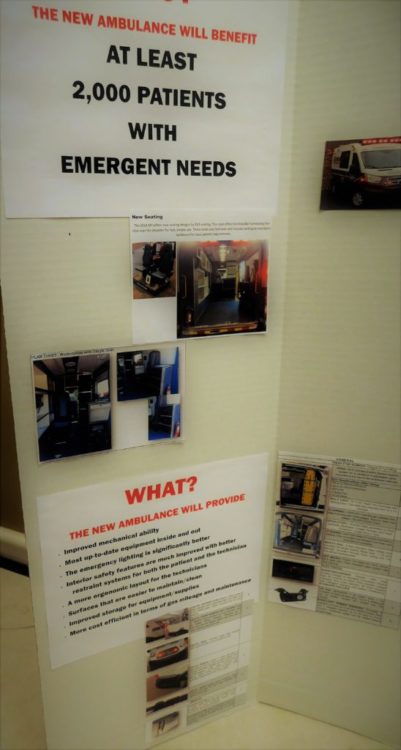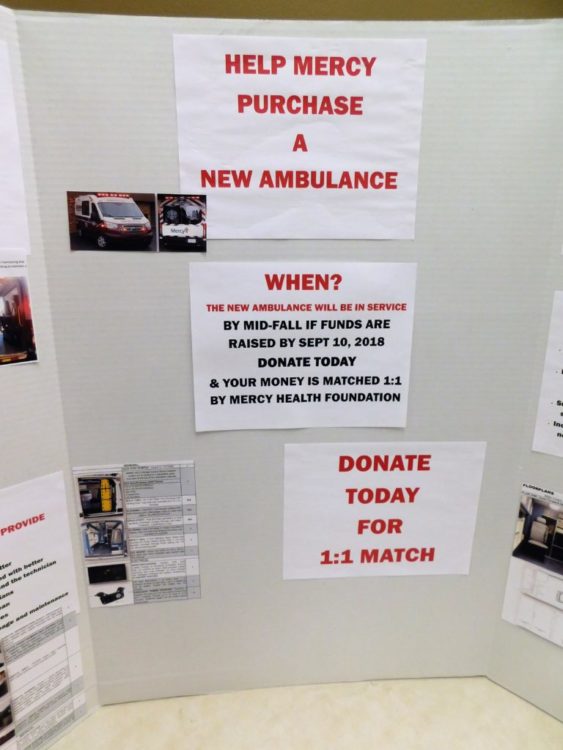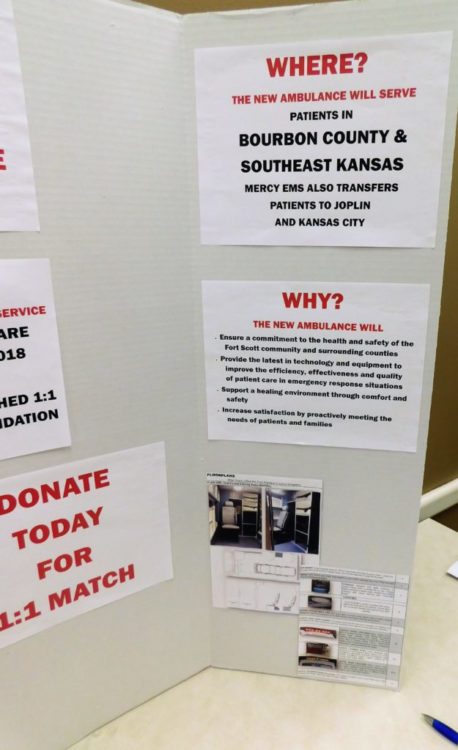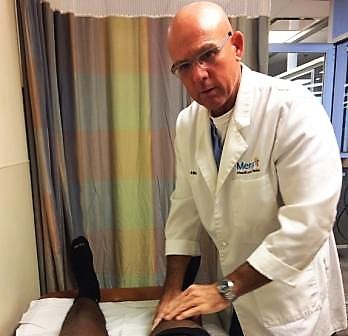Local artist Bobbi Kemna has created something new.
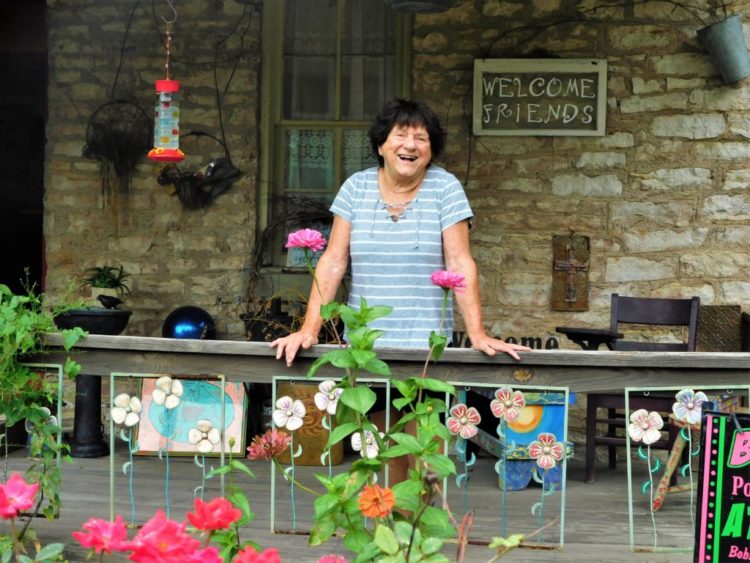
Turning from pottery, for which she is locally known, Bobbi Kemna has been working for several months to create a one-day festival event for artists to display and sell their wares.
The day will be full of art of all kinds: pottery, fabric, paintings, metal, jewelry, furniture, music, theater, and food.
“This is for artists and art enthusiasts,” Kemna said.
She is hosting the event called Art In The Yard 2018 at her home on Saturday, September 15 from 10 a.m. to 6 p.m.
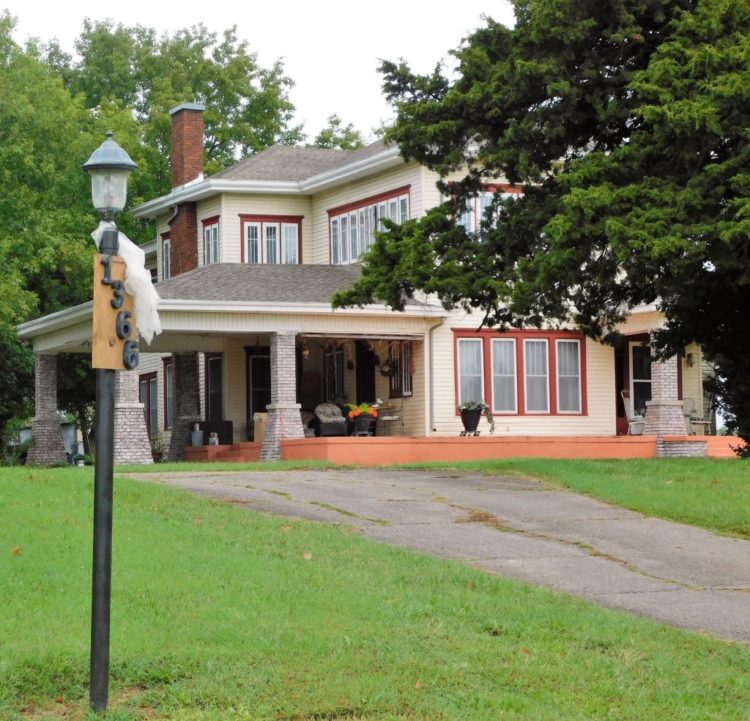
Kemna lives at 1366 215th Street, which is north of Hwy. 54, just west of the Hwy. 69-54 junction.
There will be a free trolley ride to pick up attendees at the Boiler Room Brewhaus parking lot, 10 S. National, starting at 10 a.m.
Additionally, there will be a designated vehicle parking just north of the festival site.
The event will feature artists from the area and also Wichita, Kansas City, and Joplin, MO, Kemna said.
“It will be a fun day with artful stuff to purchase,” Kemna said. “No fee is charged to come.”
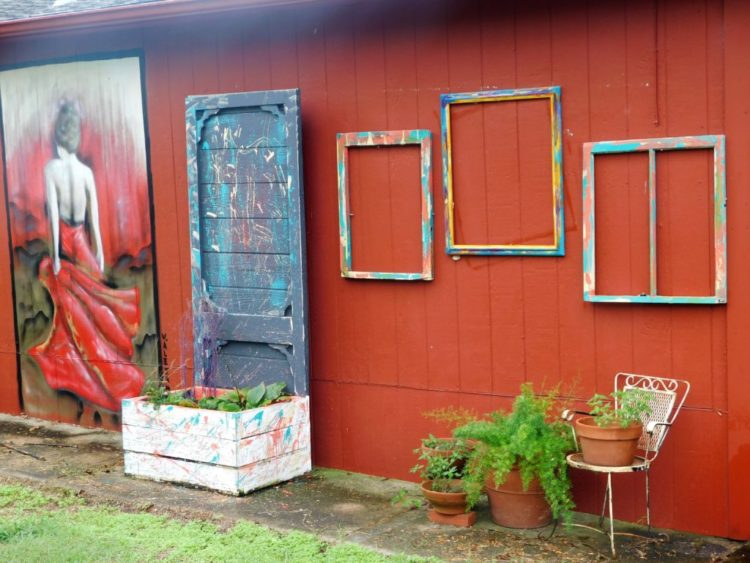
“I’m excited about it,” she said. “I want it to be a launching pad for artists. Some don’t know how to market.”
About 25 artists have said they will be there with metal, fabric, wood, pottery, jewelry, furniture, music art as well as food vendors.
“The musicians will be playing for tips, please be generous,” Kemna said.
BBQ food, homemade cookies and cupcakes, and soft drinks will be sold.
Local artists Barbara Ritter, Mary Eastwood, Paul Milks, Barbara Gibson, Lucy Gladbach, Jean Strader, David and Barb McCord, Diana Stoughton, Tonya Miller, Jeff Tinsley, Nick McGee, Susan Porter, Danny Hereford, Jeremy Rider,Jeremiah Richards, Patrick Kerr, Betsy Reichard, Dylan Renfro and Dee Davis will show and sell their artwork.
Friends and family are giving their support and helping out during the festival, she said.
Fort Scott High School theater teacher Angie Bin and her thespian students will perform and sell drinks as a fundraiser for the group.
Musicians will be playing in different spots in the yard.
Carsen Felt, director of the Fort Scott High School orchestra will be bringing 30 students to perform.
Students from St. Martin’s Academy will perform.
“One plays the bagpipe,” Kemna said.
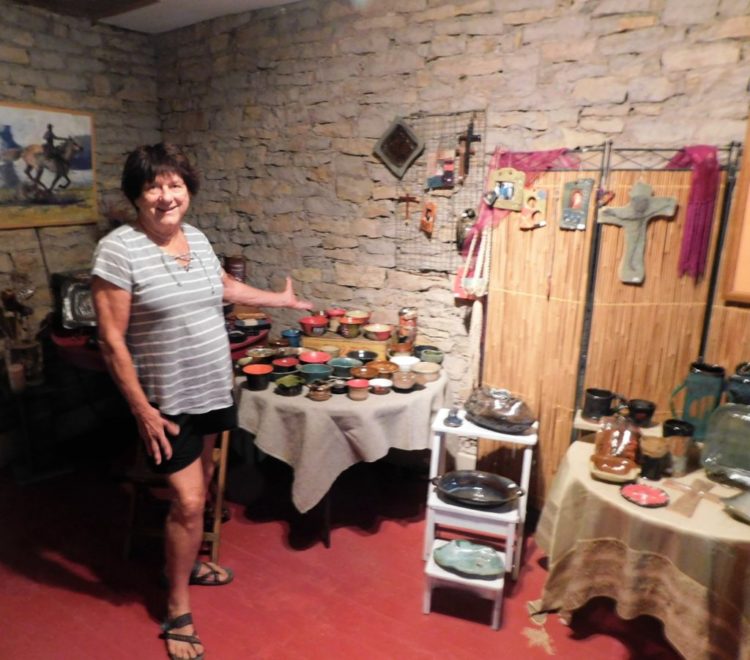
For Kemna, the festival is a fulfillment of a vision she had when she moved into the 1895 circa property called “Anatomy Hill, 20 years ago, with her husband, Harry.

It is a vision she shared with her husband, now deceased.
“Of tents, arts and people, the whole yard full,” Kemna said. “It’s been 20 years to get here.”
For more information about some of the artists, look on Kemna’s Facebook page: Art in the Yard 2018.
Kemna can be reached at 620-223-4583 or [email protected]
Kemna wants to acknowledge Sammie Emery’s part in encouraging her as an artist, she said.
Emery had a pottery class that Kemna attended. At first, Kemna didn’t think pottery was for her.
But with Emery’s encouragement, she kept attending the class, until one day Kemna found “Clay had wrapped itself around my heart.”
